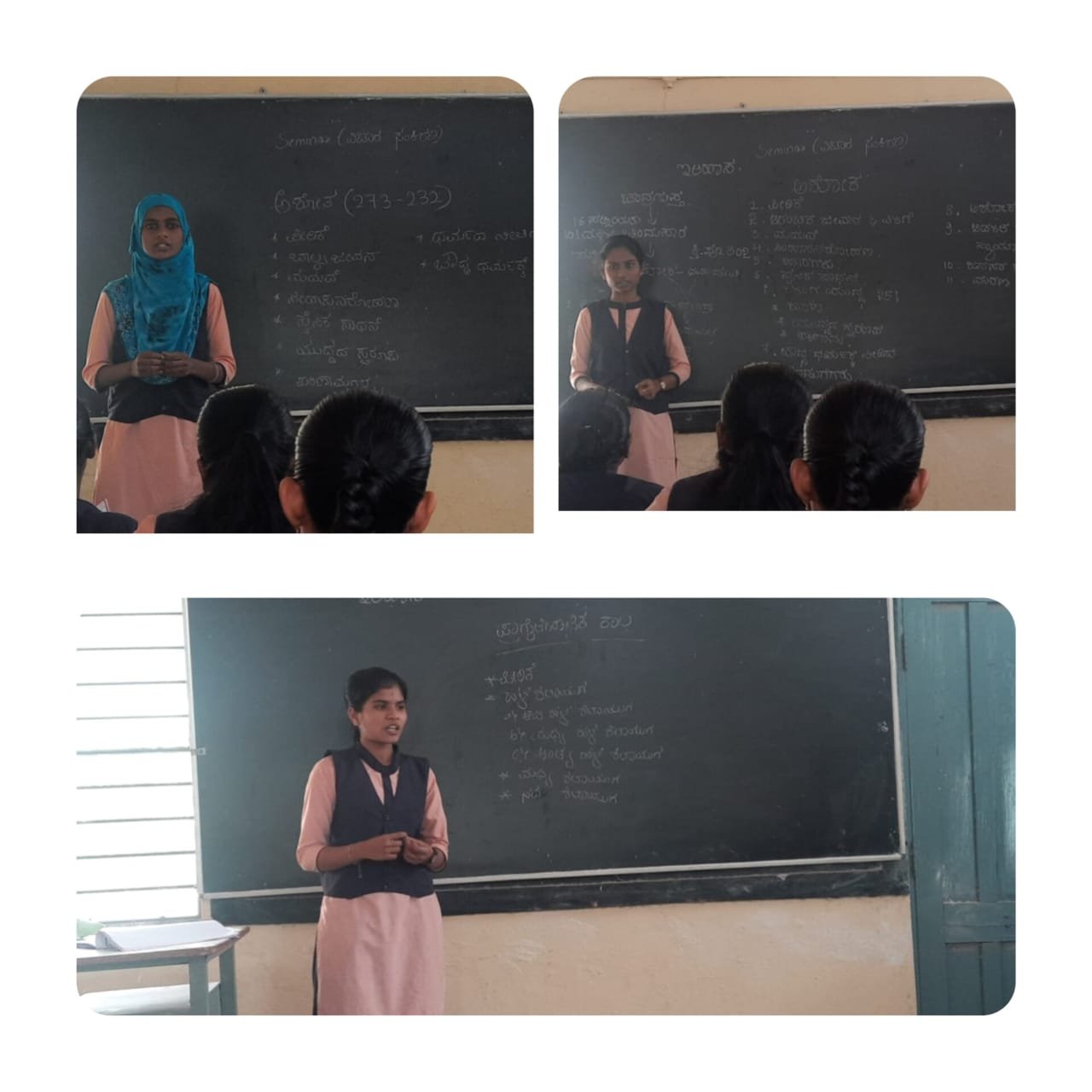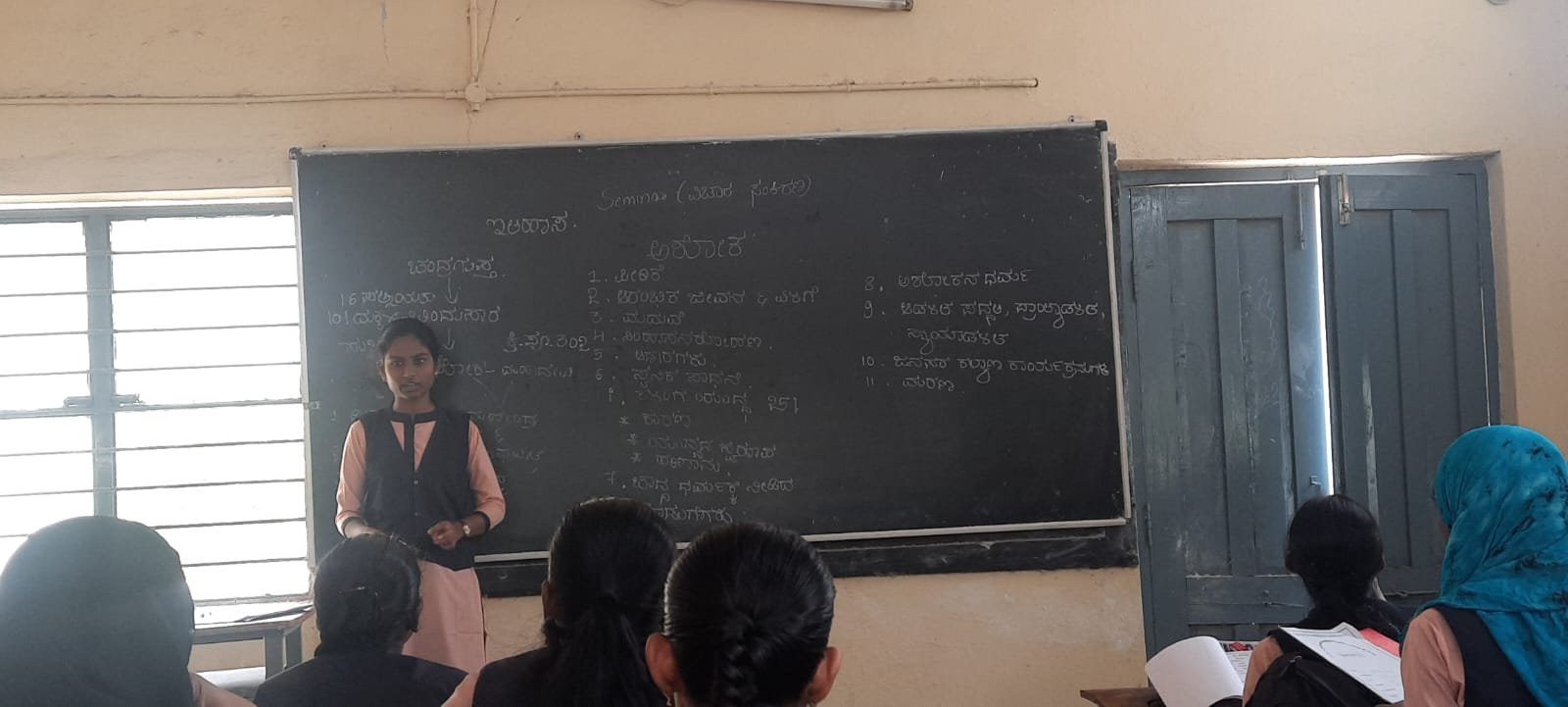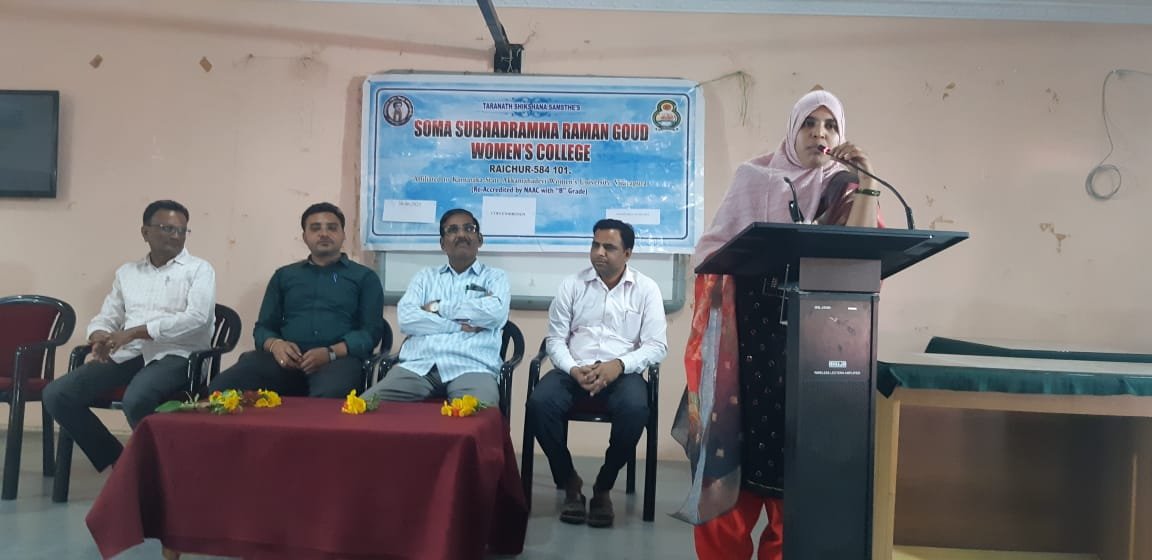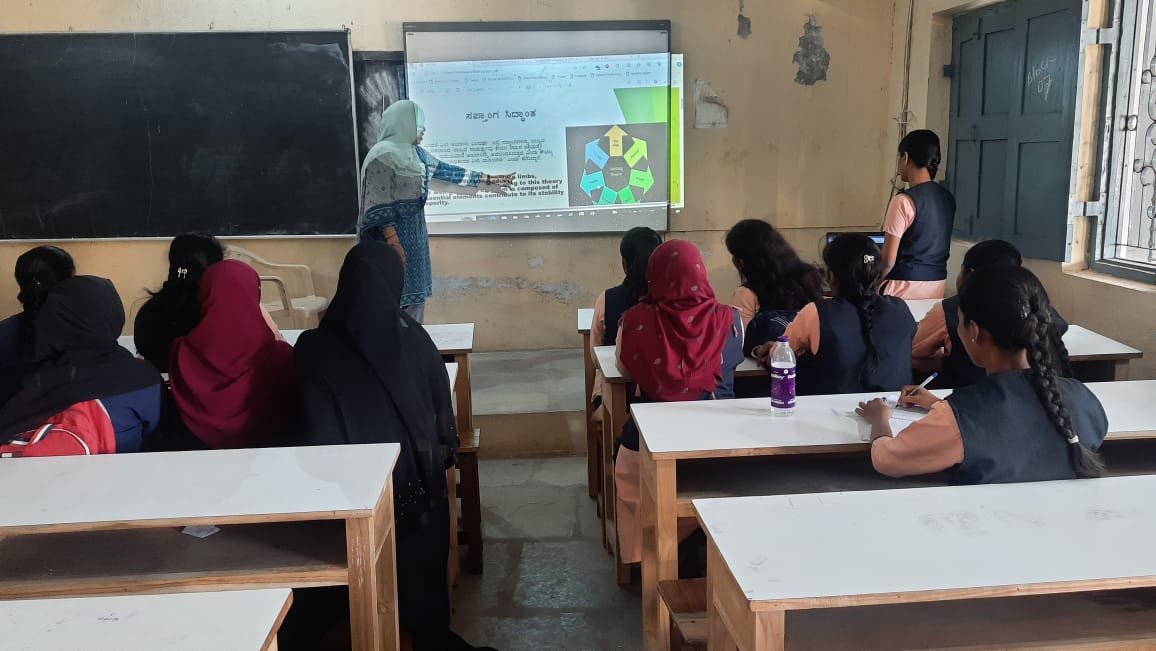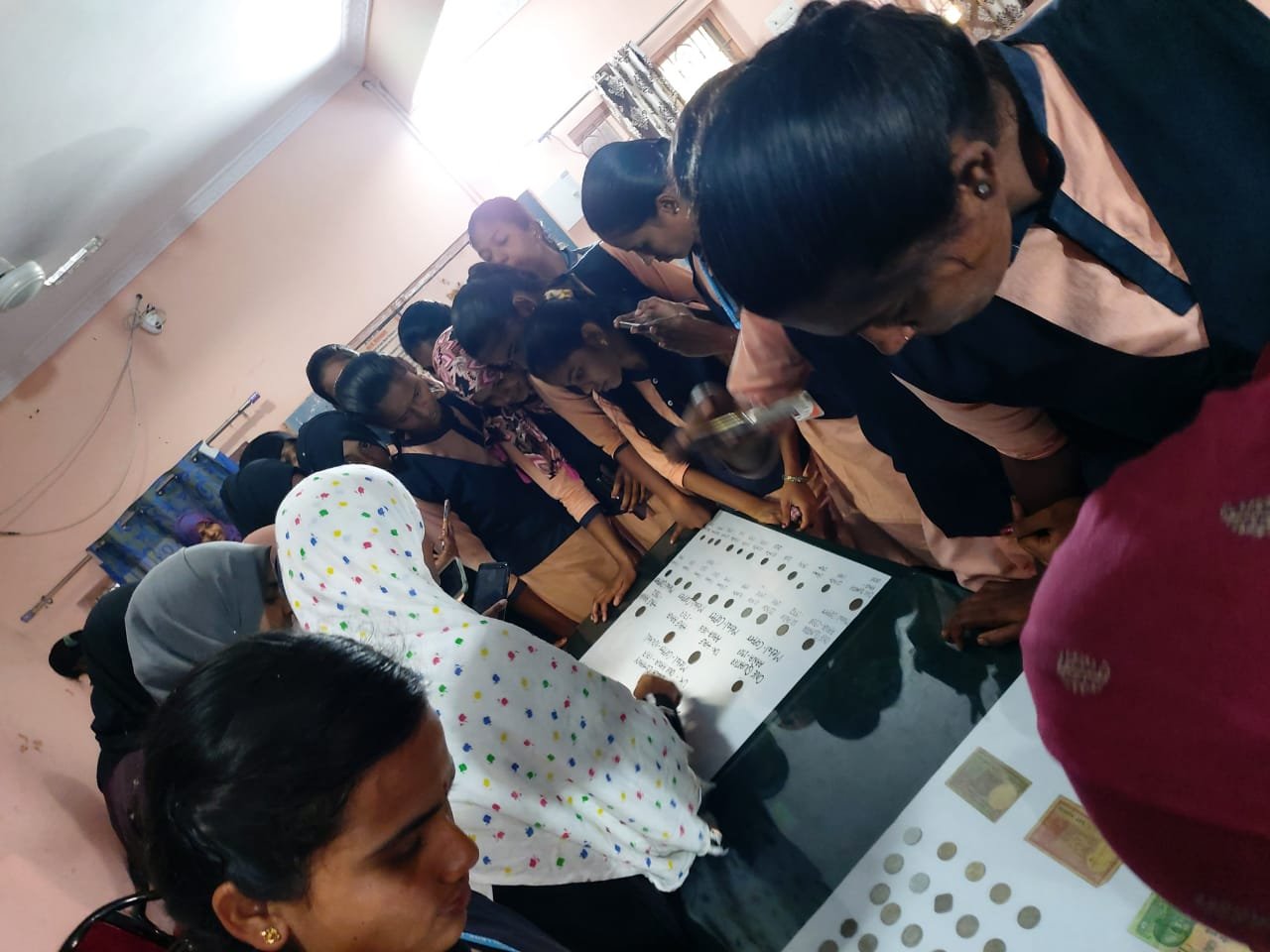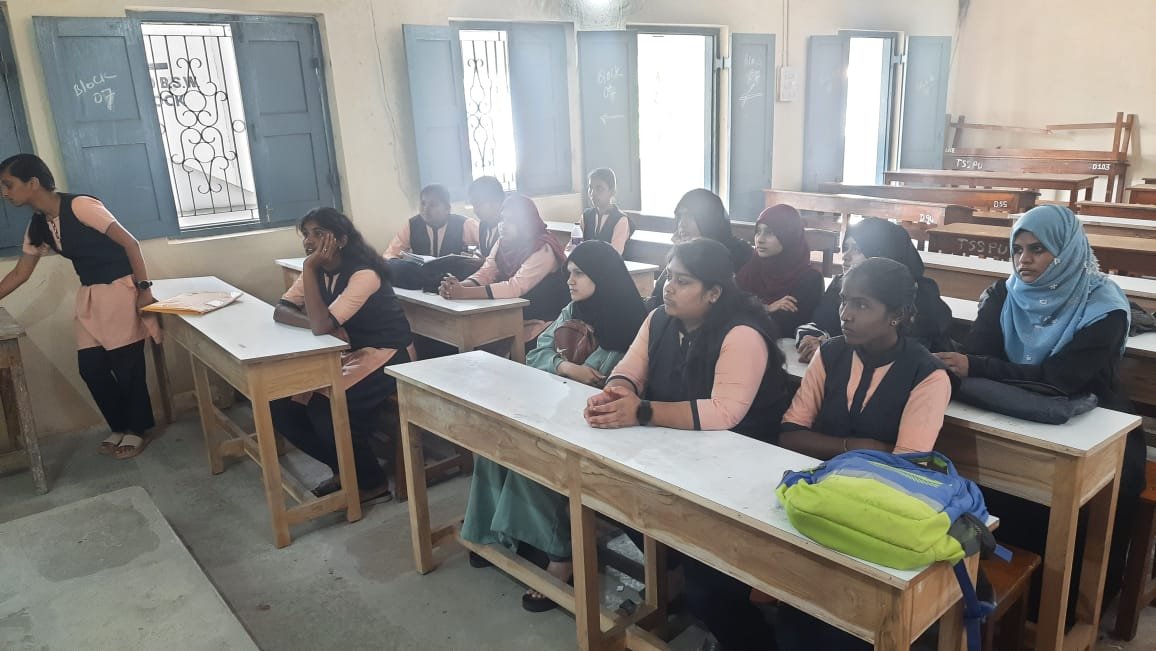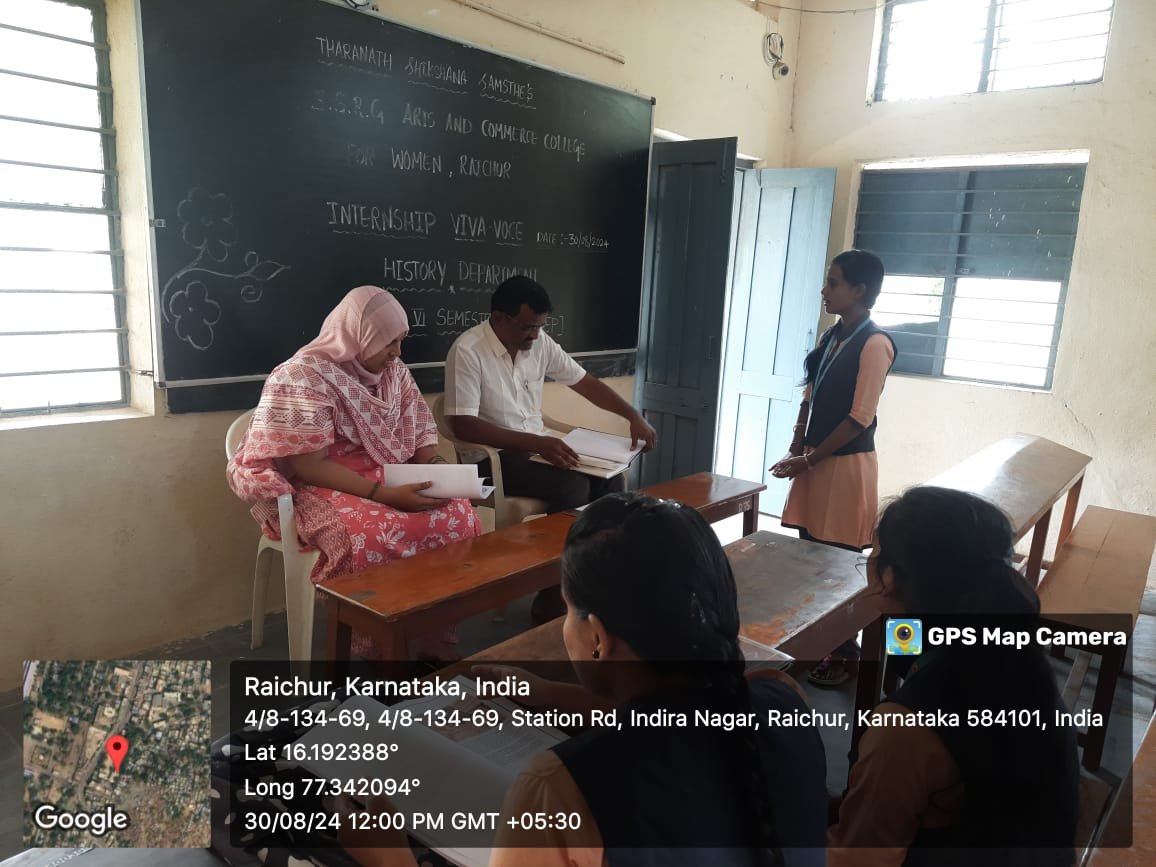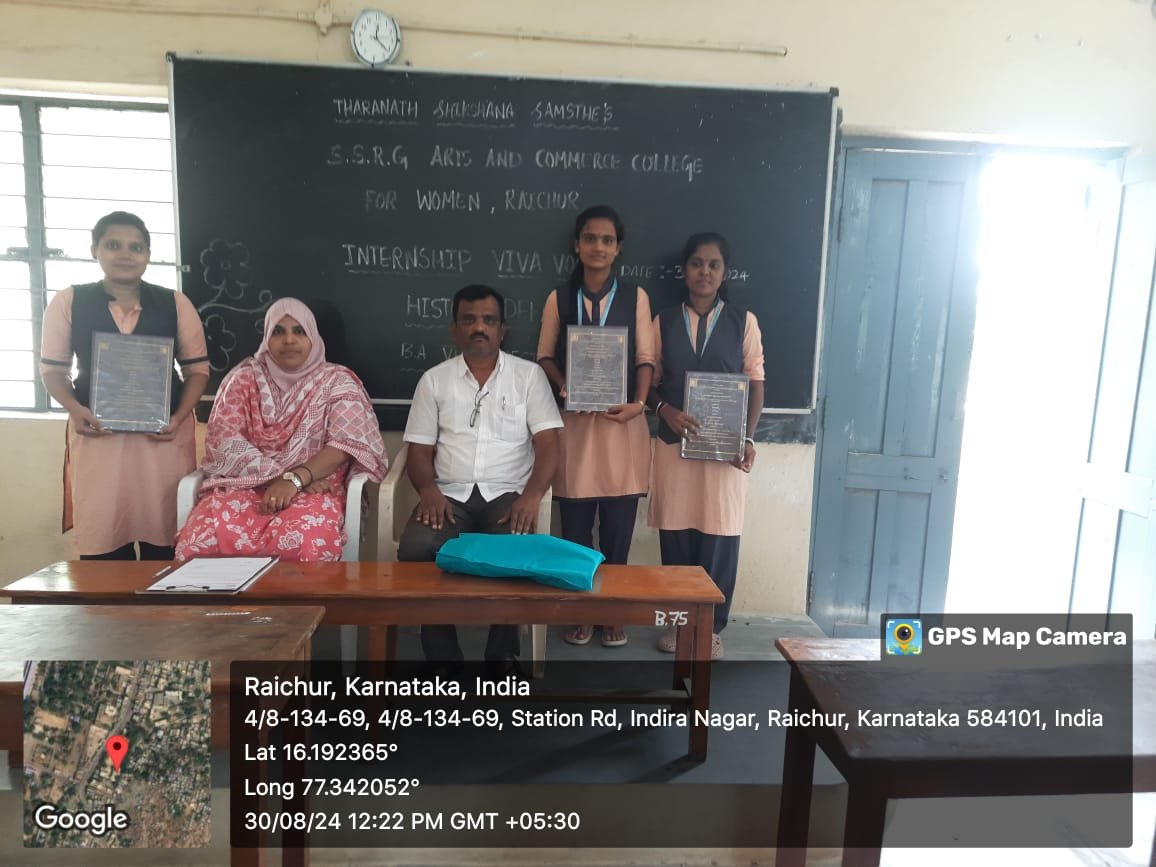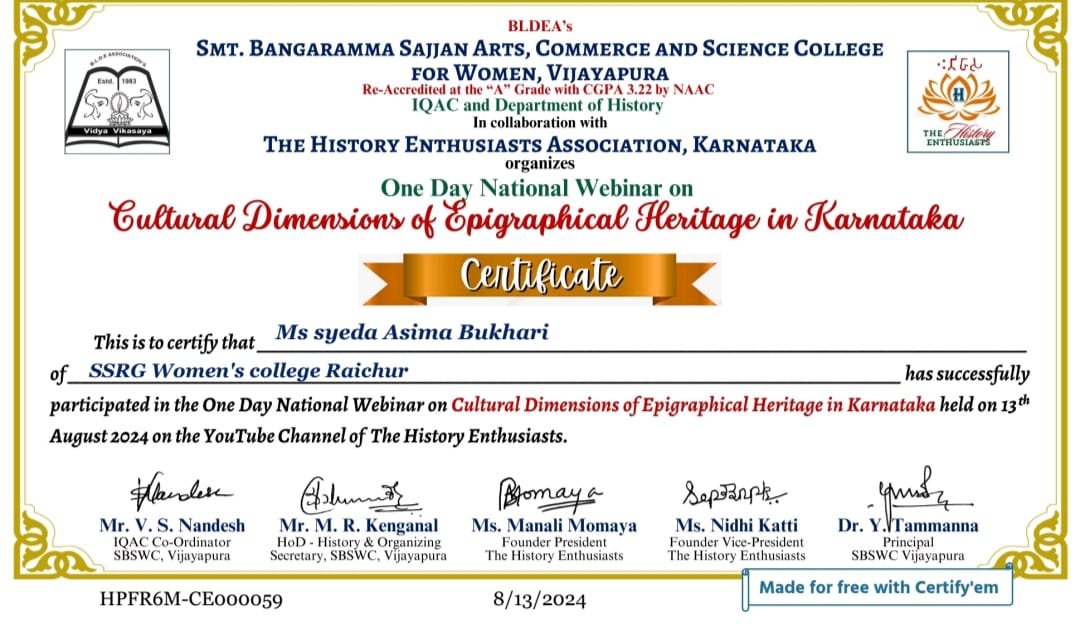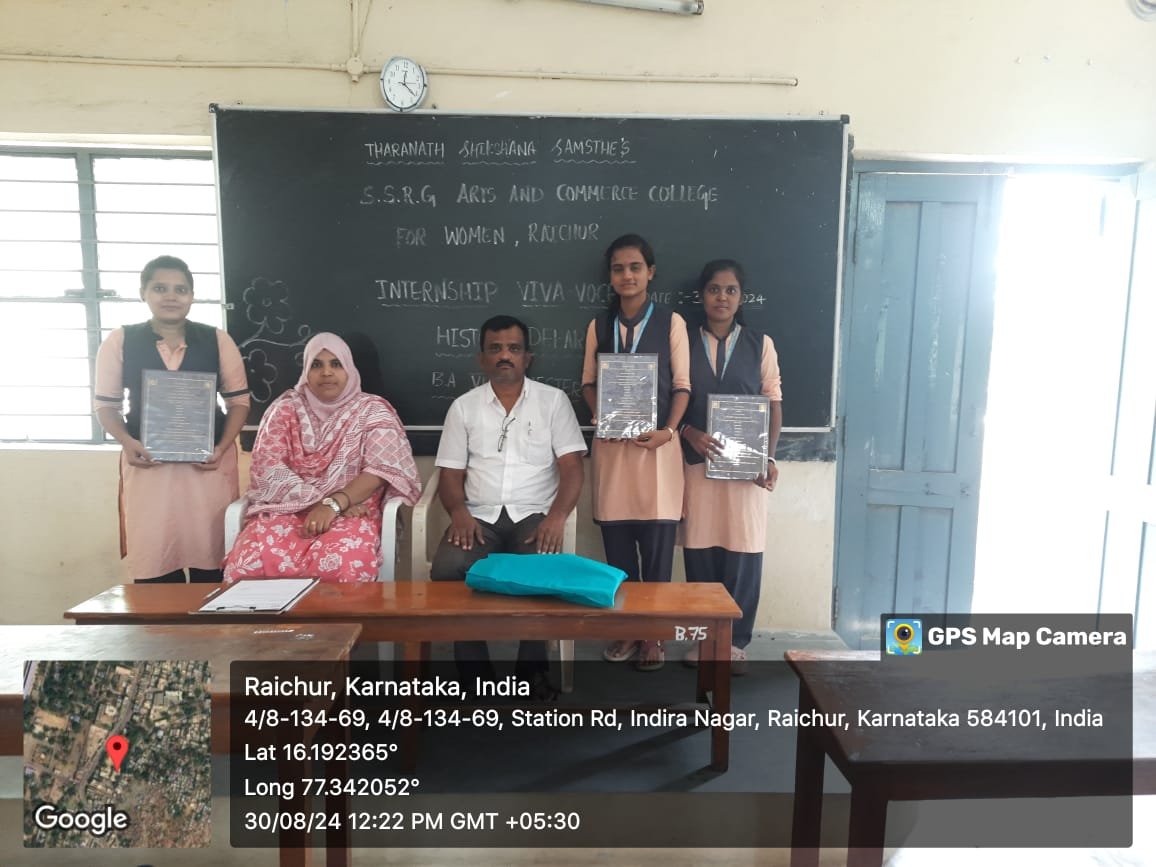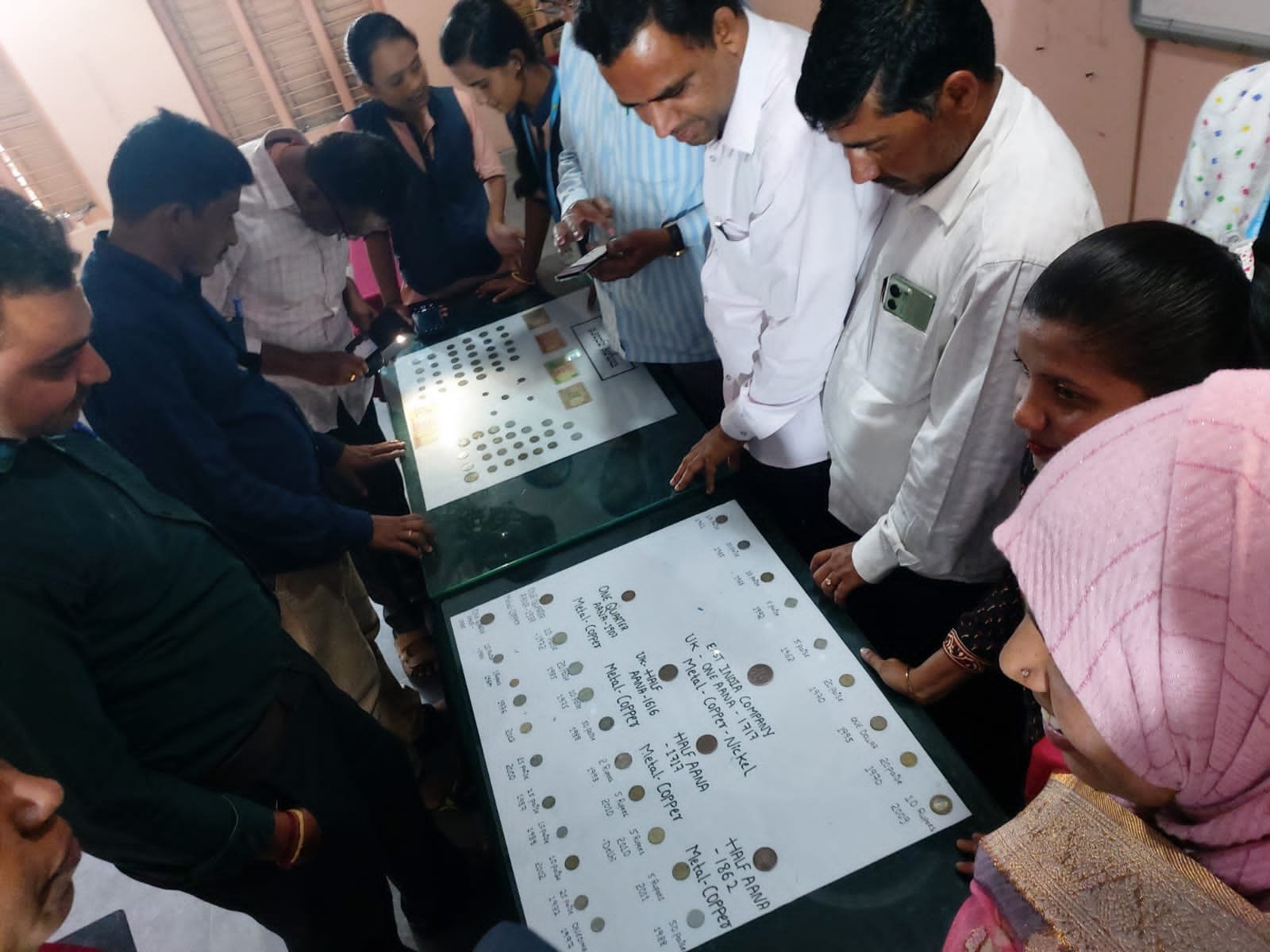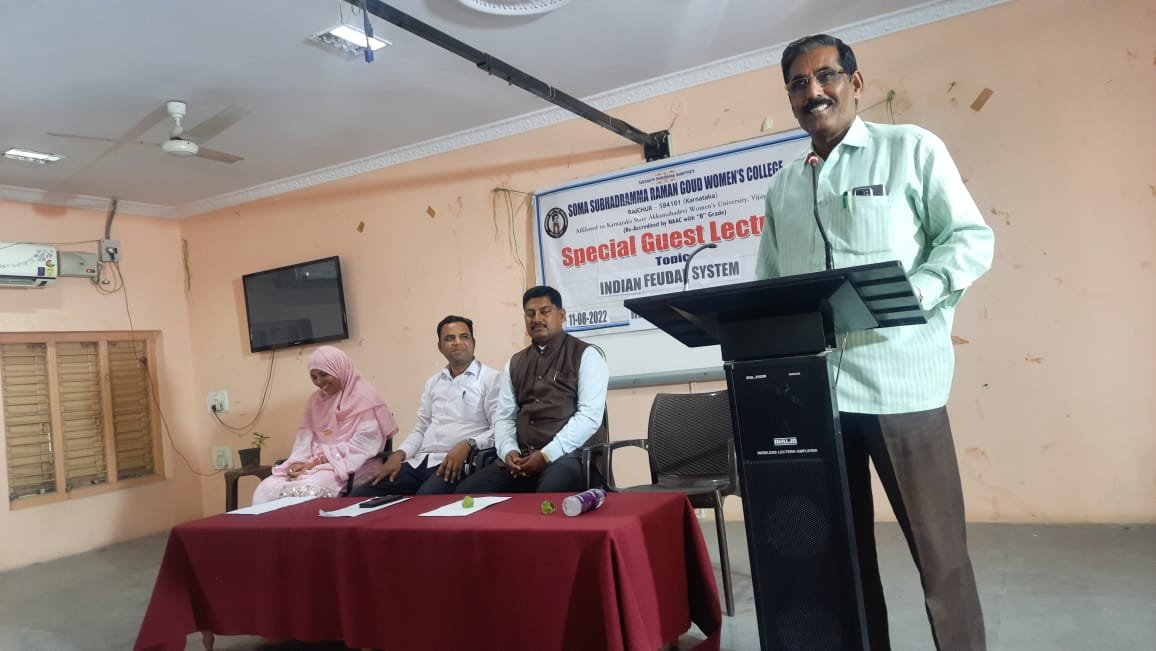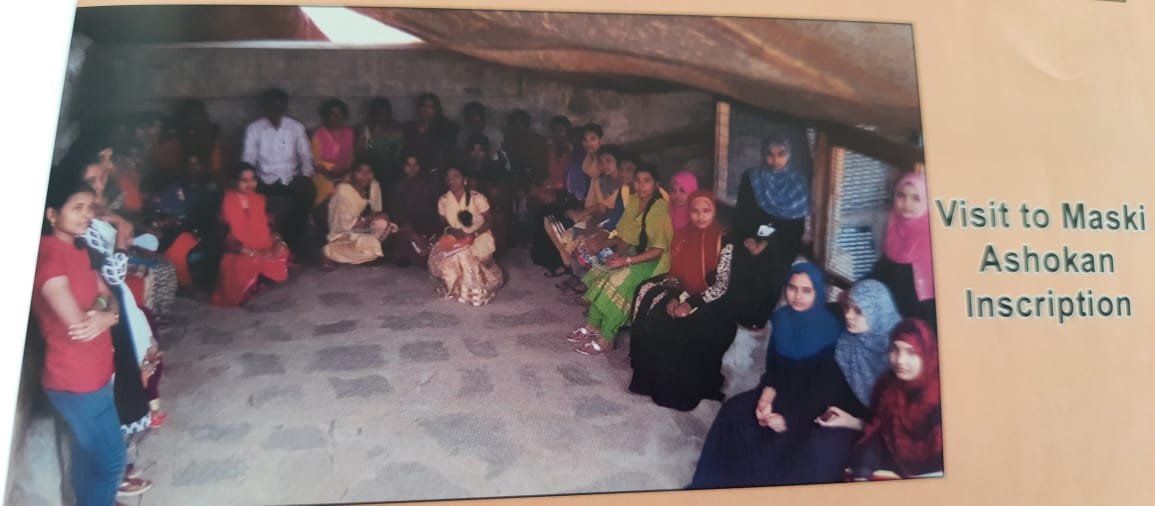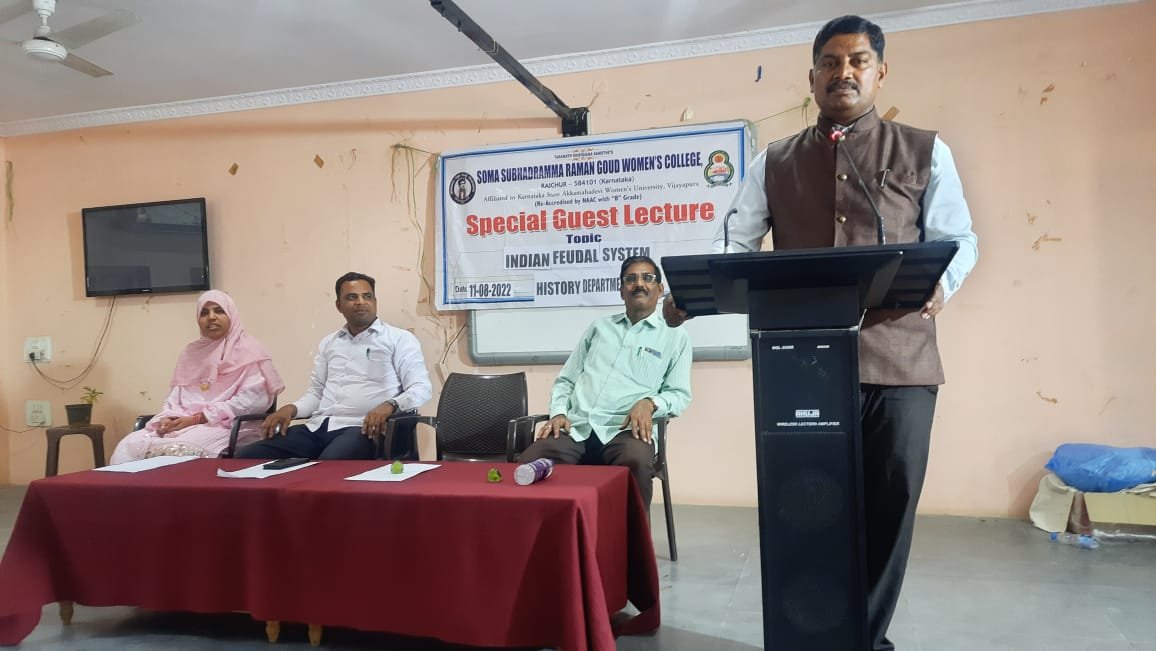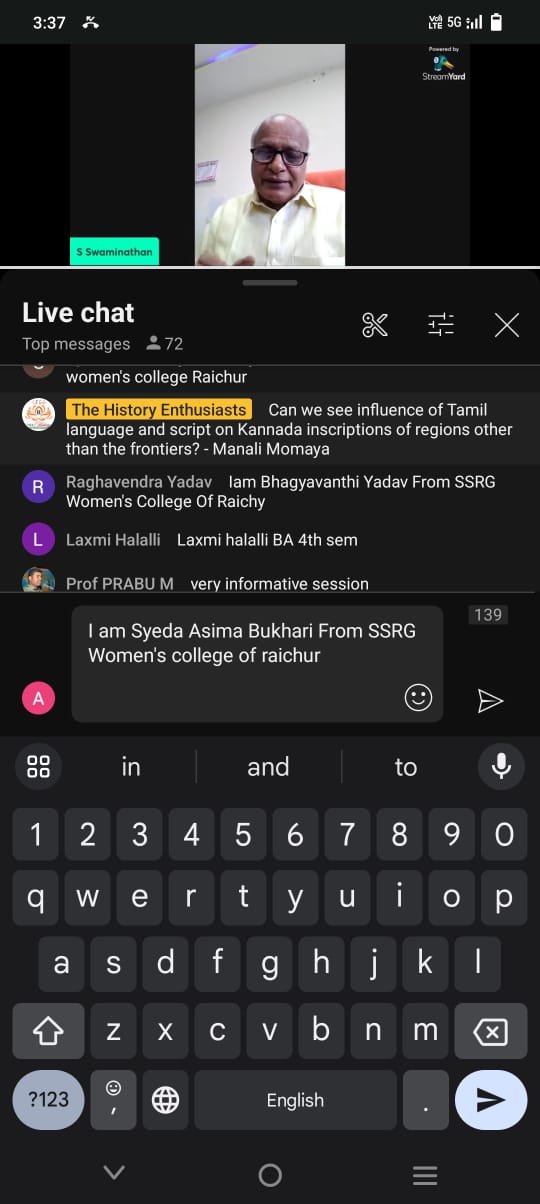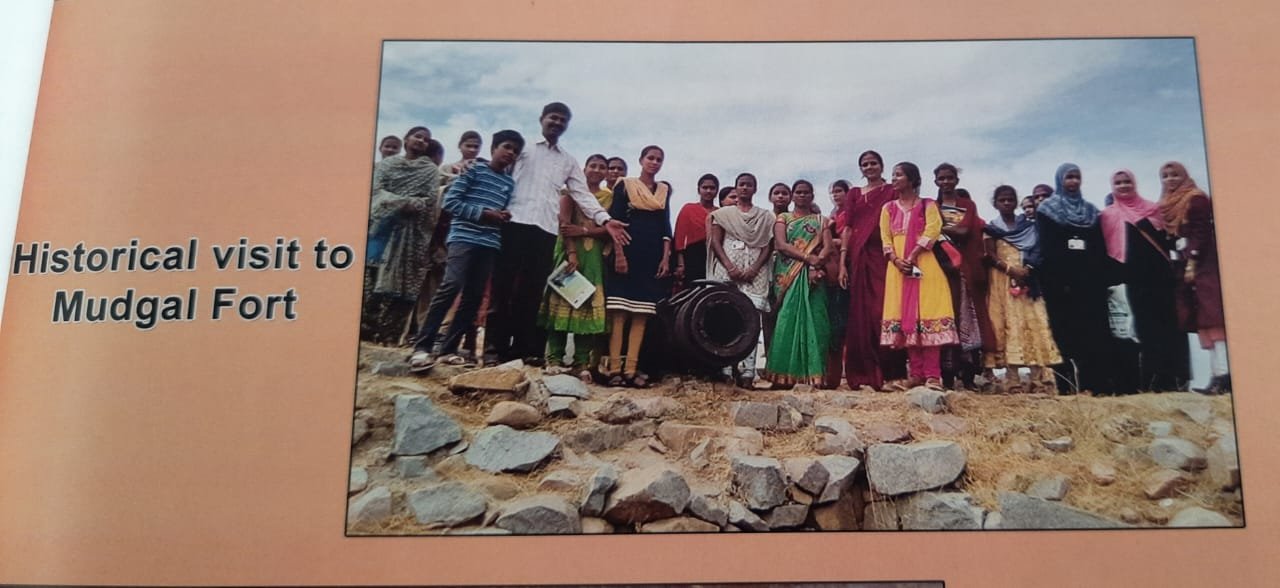-
About the Department
- Vision & Mission
- Objectives of the Department
- Programme out comes
- Programme Specific Outcomes
- Teaching - Learning Methods
- Faculty Profile
- Result Analysis
- Departmental Activities
- Research and Publications
About the Department
The Department of History started its journey in 1970 from SSRG Arts, Science and Commerce College,for Women . Under Akkamahadevi Women’s University Vijayapura. It is a composite department teaching varied courses in Indian history, Non-Indian history giving emphasis to emerging areas like social history, intellectual history and subaltern history. Excellent faculty members with wide range of specializations (Ancient History, Medieval History, Modern History, Modern European History, Interdisciplinary Research.)
Excellent infrastructure: well-equipped classroom and state-of-the-art Library with a large collection of reference and textbooks, Online international journal access, Up-to-date syllabus and course materials, Special care for advanced, as well as, slow learners, Special one-to-one teacher-student interaction through Mentor-mentee program, Regular sessions/ distinguished lecturers by stalwarts from academia and other Universities, Internship opportunities in reputed research organizations and NGOs, Co-curricular activities like international and national conferences,and many more
VISION
The History Department aims to make the students aware of the past and its legacies through teaching, research, and extension activities, in Indian History in the Context of World History. We believe that only the critical understanding of the past will enable to students to understand the present and help them look towards the future.
MISSION
Transform the students in to citizen who are critically informed about the past and it’s consequences for the present. Promotes studies in history, society and culture of Karnataka in general and Indian history in particular empower students to cope with challenges of globalization by instilling in them a life long passion for learning about past. The knowledge about interconnection between the global ,national, regional, local history will equip the students to face the challenges with confidence.
Objectives of the Department
- To prepare students for range of careers.
- To prepare the students for the challenging situations of life.
- To Create the awareness of local history in students andsociety.
- To give critical analysis of historical events.
- To help society to develop a sense of their cultural heritage.
- To make a students more confident and self programs.
- To plan for all-round development of students personality through co-curricular activities.
- To encourage the students to explore various methods of understanding History.
Programme outcomes:
Po1. Subject Knowledge: Graduates should possess a comprehensive understanding of the core subjects within their chosen field of study, which may include subjects like Literature, History, Political Science, Economics, Sociology, Psychology, etc.
PO2. Critical Thinking: Students should be able to analyze, evaluate, and interpret information and ideas critically. They should develop the ability to identify assumptions, recognize biases, and construct well-reasoned arguments.
PO3. Effective Communication: Graduates should be proficient in expressing ideas and concepts clearly and coherently, both in written and verbal forms. They should be able to present their thoughts persuasively and tailor their communication for different audiences.
PO4. Cultural and Global Awareness: Graduates should have an understanding of various cultures, societies, and global issues. This awareness helps them appreciate diversity, adapt to different contexts, and engage in meaningful cross-cultural interactions.
PO5. Ethical and Social Responsibility: Students should develop a sense of ethical responsibility and social consciousness. They should be aware of their role in society, understand social issues, and contribute positively to their communities.
PO6.Interdisciplinary Perspective: Depending on the specialization or electives chosen, graduates should be able to synthesize knowledge from multiple disciplines and apply diverse approaches to problem-solving.
PO7.Adaptability and Lifelong Learning: Graduates should be equipped with the skills to adapt to changing circumstances and continue learning throughout their lives. This could involve learning new technologies, keeping up with evolving trends, and acquiring new knowledge as needed.
PO8.Teamwork and Collaboration: Students should be able to work effectively in teams, understand group dynamics, and contribute constructively to collective efforts. This skill is important for both professional and personal settings.
PO9.Creativity and Innovation: Graduates should foster a creative mindset and be open to innovative ideas. They should be able to think outside the box, propose new solutions, and explore unconventional approaches to challenges.
Programme Specific Outcomes:
PSO1: Understand the basic themes, concepts, chronology and the scope of Indian History.
PSO2: Acquaint with range of issues related to Indian History that span distinct eras.
PSO3: Prepare for various types of Competitive Examinations.
PSO4: Critically recognize the Social, Political, Economic and Cultural aspects of History.
PSO5: Understand background of our religion, customs, institutions,administration and so on.
PSO6: Students will be able to learn history of India and Historical Personalities.
PSO7: Students will be capable of performing research, analysis, And criticism of various events from different movements.
PSO8: Students will develop intellectual flexibility, creativity and skill.
Teaching – Learning Methods
- Group Discussion on the topic. “Importance of Historical Monuments”
- Student Personal Counseling
- ICT Class by student
- Field visit at Md. Gawan Madarsa, Bidar on 09/01/2020
- Field visit at Madivala Machideva Cave,Basavakalyan on 28/08/2022
- Class Seminar by Student
Faculty Profile
Sl.No | NAME OF THE FACULTY | DESIGNATION | QUALIFICATION | EXPERIENCE | PHOTO |
01 | Dr.Doddappa Kyatnal | Assistant Professor | M.A, K-Set, NET,Ph.D | 4 |
|
Result Analysis
Year | Appeared | Distinction | First Class | Second Class | Pass% |
2018 – 19 | 41 | 25 | 13 | 03 | 100% |
2019 – 20 | 30 | 24 | 05 | 01 | 100% |
2020 – 21 | 36 | 16 | 18 | 03 | 97% |
2021 – 22 | 29 | 23 | 04 | 02 | 100% |
2022 – 23 | 29 | 26 | 02 | 00 | 96% |
Research and Publications
EVENT |
PAPER PRESENTED/ ATTENDED |
PUBLICATION |
RESOURCE PERSON |
FDP ATTENDED |
NO . |
10 |
03 |
00 |
00 |
 Skip to content
Skip to content


